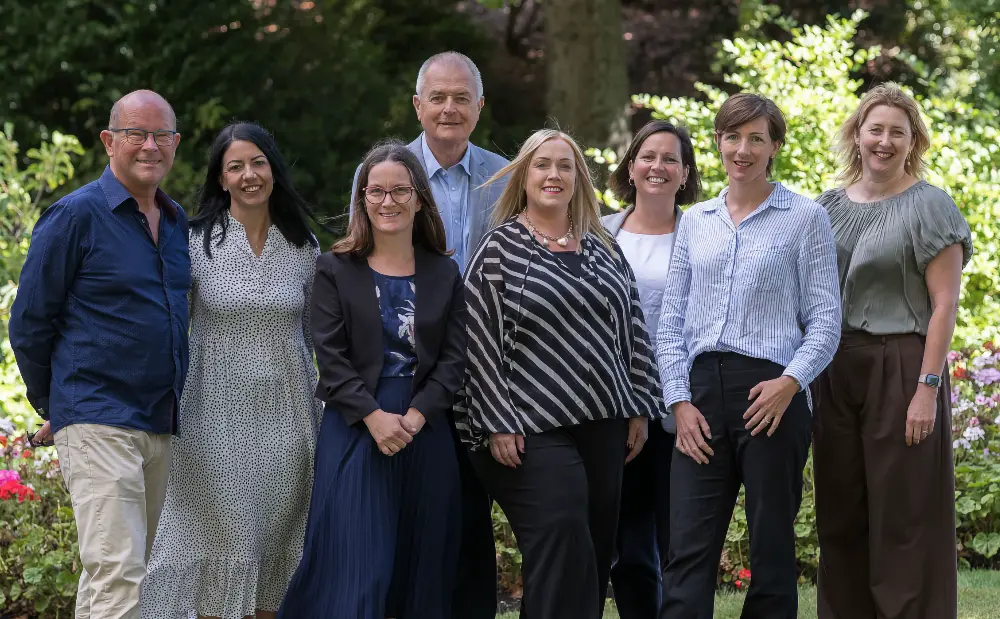It harks back to Stanford’s classic marshmallow test. You know the one. A child is left alone with a sugary treat, having been told that they are welcome to eat it at their leisure. But there’s a catch. If they can restrain themselves for a few minutes until the adult returns, they can have not one, but two marshmallows.
Psychologists call it “delayed gratification”.
Substitute the marshmallows for gold coins, and financial planners call it “money management”.
It’s a lesson that Tasman’s Isla Sledmore is learning, using a blueprint from Australian financial advisor Scott Pape, also known as The Barefoot Investor.
The 11-year-old has four bank accounts – one for spending as she wishes, another that she uses to save for big-ticket items, a third for essentials like clothes and shoes, and the last for buying birthday gifts for her friends and family.
As per the Barefoot Investor’s advice, her younger sister Hope gets her money physically deposited into three glass jars, which the family have labelled Save, Spend and Give. In time, their four-year-old sister lona will have the same.
Both girls do household chores to earn their weekly pocket money – manageable tasks like emptying the dishwasher, making their beds and feeding the chickens.
Their mother Sarah said she wanted her daughters to have plenty of practise handling their money before they were thrown in the deep end as adults.
“For these guys to have that skill before they have their own families and start buying houses – it’s just going to give them that push in the right direction.”
Isla’s big-ticket savings item is an Apple iPad with a keyboard, which will cost a little over $1000. Her mum has set the target at a manageable $700, with a deal that she’ll top up the rest.
It’s frustratingly slow going, Isla said, but also satisfying checking her bank balance to see the money stacking up over time. After almost a year of saving, she’s up to $400.
It is a lesson in patience for her, as she gets pleasure from buying treats for herself and her sisters. This is all part of the plan, said Sarah, because Isla gets to enjoy – and learn from – the natural consequences of burning through her spending money.
Conversely, seven-year-old Hope would stockpile her marshmallows with ease. Although she hasn’t yet pinned down what her savings are destined for, she knows she doesn’t particularly want to part with her hard-earned money. She is, by nature, a saver, and Sarah said that her lesson was to learn how to actually spend money.
“I really like how I can see it working in both ways, within the personality types in my children.”
Sarah was introduced to the Barefoot Investor method by Kathryn Alborough, who together with Glyn Lewis-Jones own Castle Trust Financial Planning.
The Castle Trust team is passionate about enabling children to learn good financial habits, as they believe this helps set them up for life.
For the last few years, Glyn has been invited to talk to Years 12 and 13 students about how to manage their money when they leave home and school. He makes the point that if you want financial success you need to have self-control, a plan and the commitment to follow things through.
“Teach kids the value of saving up for what they want,” he advised. “Sometimes they’ll make mistakes – it’s hard to watch them blow their money on junk or lollies, but better they learn from these mistakes with $20 at age nine than with $20,000 at 29!”
After all, $20,000 can buy a lot of marshmallows.

© 2024 Castle Trust Financial planning. All Rights Reserved. Disclosure information. Privacy Statement.